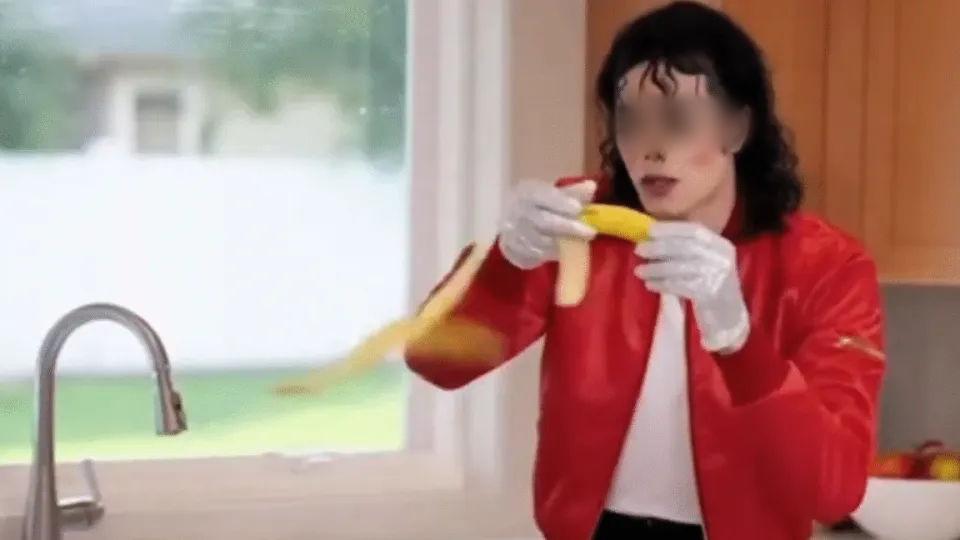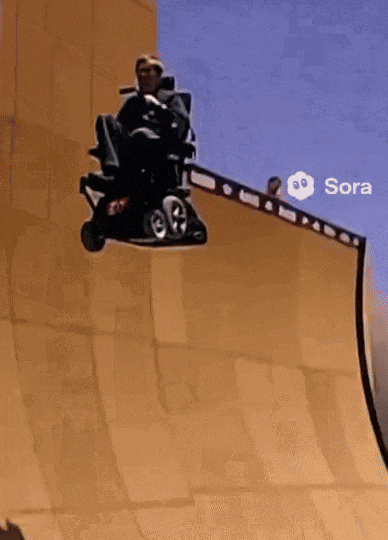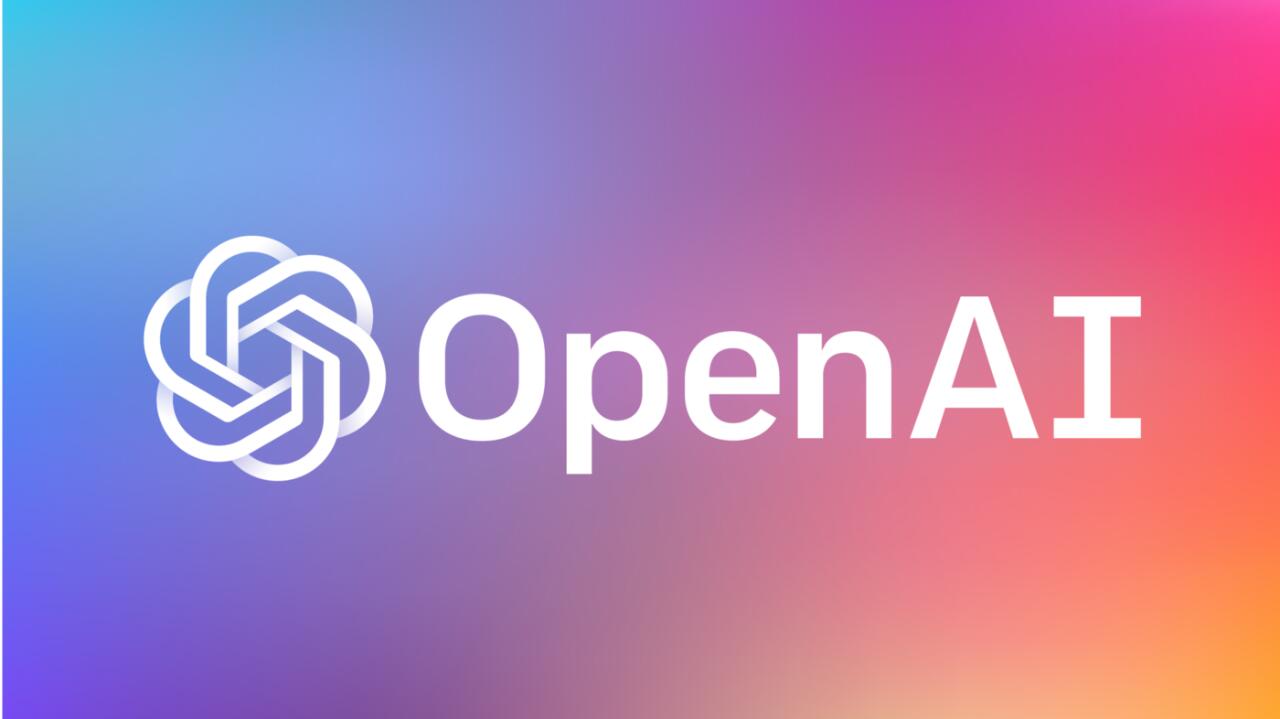OpenAI's Sora2 Goes Viral, Sparking Ethical Debate Among Netizens!
![]() 10/09 2025
10/09 2025
![]() 518
518
A looming clash between technological progress and ethical considerations is on the horizon.
On October 9th, reports emerged indicating that the AI community's attention has been firmly fixed on OpenAI's newly unveiled Sora2 model. This groundbreaking innovation, which seamlessly blends AI-driven video generation with social interaction, has rapidly become a sensation across major social media platforms within mere days.

Image source: App Store
It's worth noting that when OpenAI initially introduced the Sora 2 video generator, it declared a default prohibition on 'generating images of public figures.'
However, Sora 2's creators recently stumbled upon an unforeseen glitch during its usage. The system, it turns out, does not impose restrictions on generating video content related to deceased public figures.
This has sparked a major controversy, as numerous Sora 2 users have taken advantage of this loophole to replicate, splice, and even disrespectfully manipulate the images of deceased celebrities.

Image source: Weibo
Presently, short video platforms are inundated with content that employs AI technology to 'resurrect' deceased celebrities.
Actors, musicians, and scientists who have passed away are making a comeback in the public eye, but they are being coerced into 'saying' things they never said. Some videos even depict disrespectful behavior towards the deceased.
For instance, there are abstract yet attention-grabbing scenes like 'Michael Jackson passionately performing a new rap song,' 'martial arts icon Bruce Lee transforming into a trendy DJ,' and 'President Kennedy personally endorsing Black Friday deals.'
These videos undeniably challenge public ethical norms and flagrantly disregard the dignity of the deceased.
What's even more reprehensible is that even the esteemed physicist Stephen Hawking has not been spared from parody. Someone utilized Sora2 to create a video depicting Hawking in his iconic wheelchair, daringly challenging a thrilling U-shaped pool slide.

Image source: Xiaohongshu
In the video, 'Hawking' is seen wobbling as he maneuvers his wheelchair towards the U-shaped pool slide. To everyone's surprise, he slides down the pool and, even more astonishingly, appears to use the momentum to soar into the sky, literally 'flying' upwards.
This parody video has drawn widespread condemnation from various segments of society. Netizens have lambasted it not only as a severe violation of the deceased scientist's personal dignity but also as an affront to the disabled community.
Although OpenAI has implemented measures, such as overlaying dynamic watermarks on each generated video to minimize the risk of viewers being misled by false imagery, the use of deceased celebrities as creative material by AI tools inevitably stirs deep resentment among their living relatives and fans.
Previously, OpenAI had already faced criticism over how Sora handled fictional copyrighted works.
When Sora2 was first launched, OpenAI's policy on copyrighted content usage was to 'permit use by default, requiring copyright holders to opt out.' However, this stance drew strong backlash from Hollywood and major IP holders like Disney and Nintendo.

Image source: Xiaohongshu
In response to the controversy, OpenAI CEO Sam Altman subsequently announced that copyright holders would need to actively opt in for their content to be featured in Sora 2-generated videos. This implies that unless copyright holders explicitly grant permission, users will be unable to generate any copyrighted character content through Sora. Moreover, copyright holders will receive a corresponding share of the revenue generated from Sora videos.
However, while the platform has established a dual safeguard mechanism of 'consent to participate' and 'personal authorization for appearance' for living individuals, when it comes to the deceased, contradictions arise in practice due to the inability to obtain direct consent from the individuals themselves.
OpenAI appears to have adopted a default permissive stance towards this situation. Recently, an OpenAI spokesperson stated, 'We currently have no further comments, but we do permit the generation of images of historical figures.'
In conclusion, regarding this incident, what are your views on striking a balance between technological advancement and ethics? Should we prioritize rapid technological progress or strictly adhere to ethical principles that may impede technological growth? Feel free to share your thoughts in the comments section.








